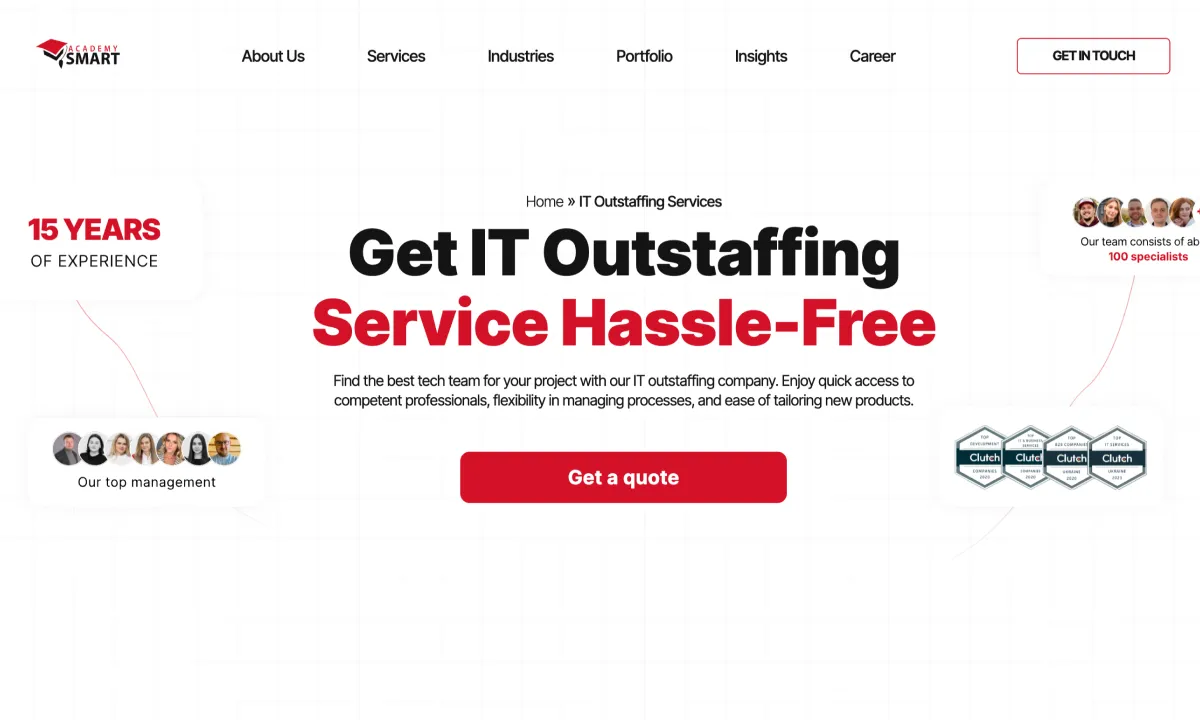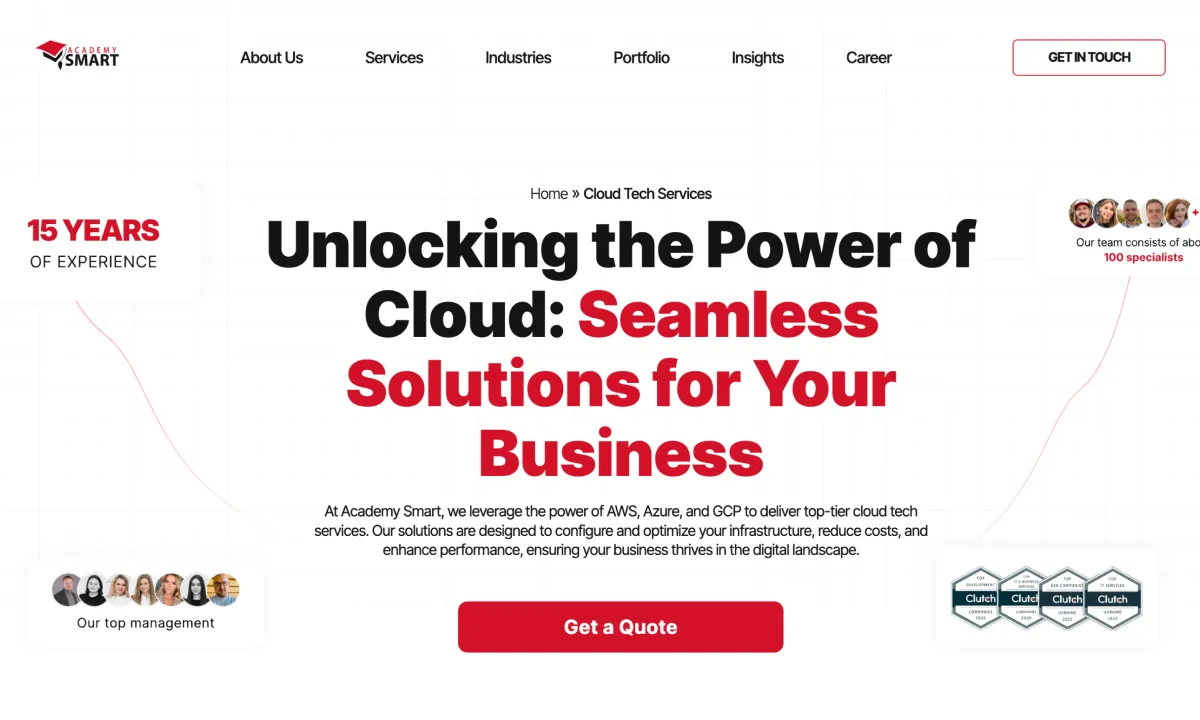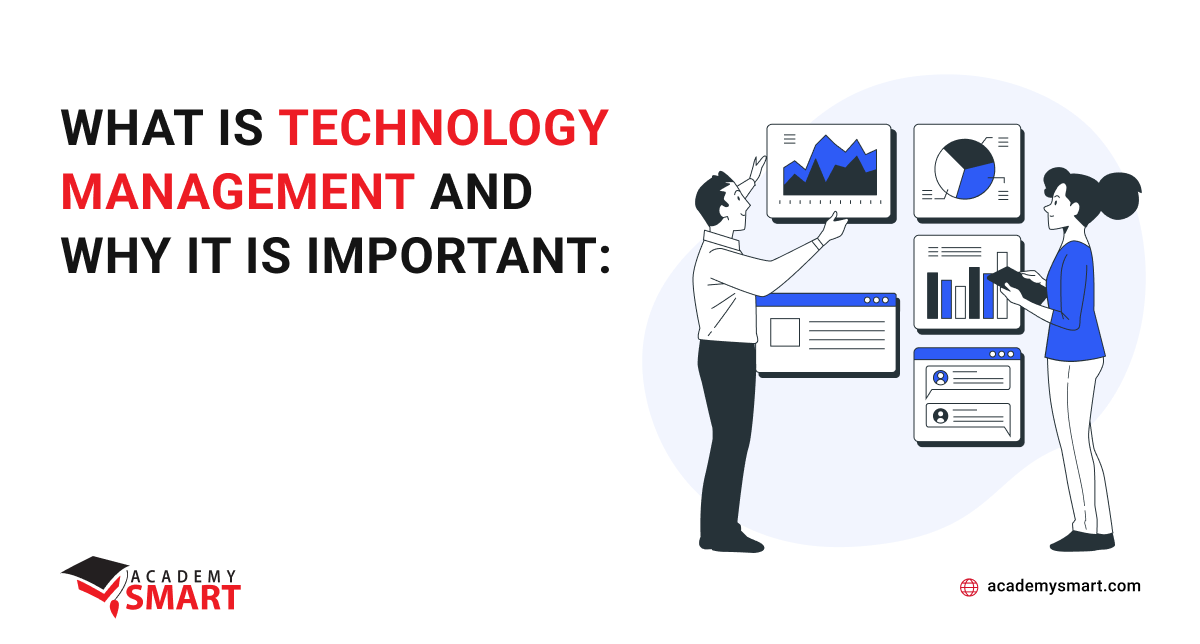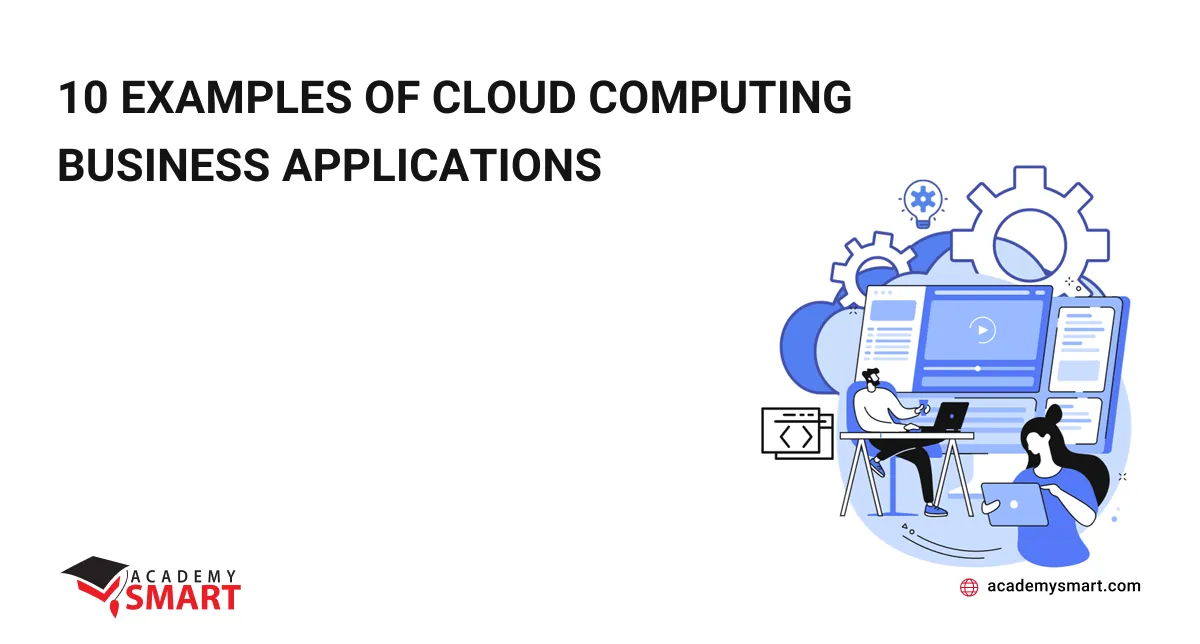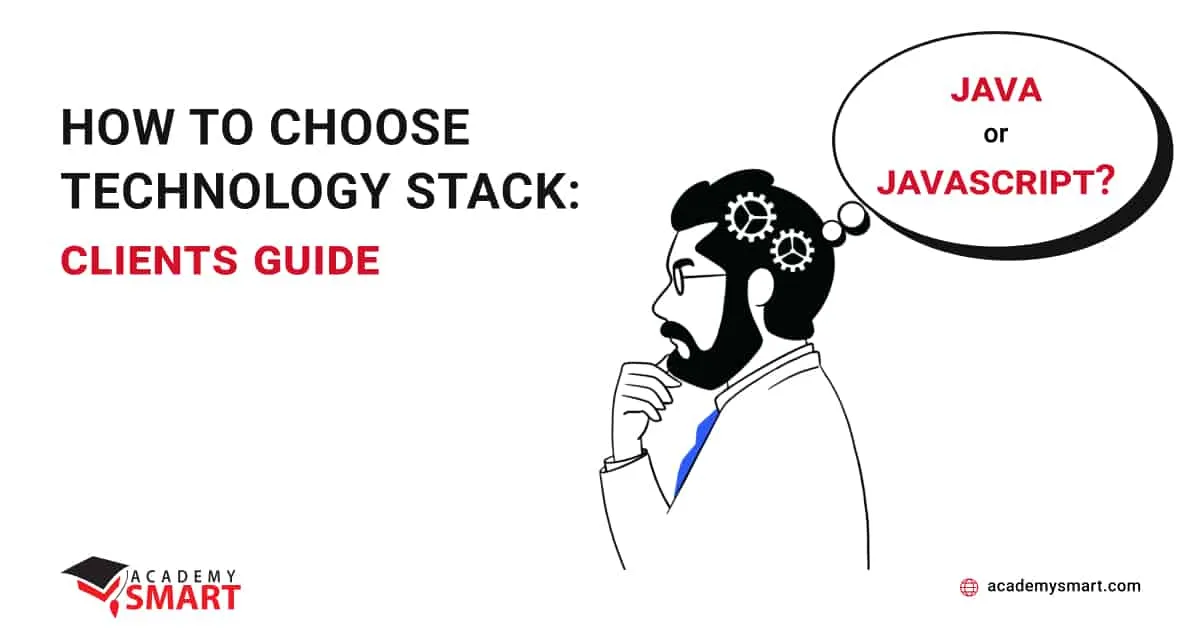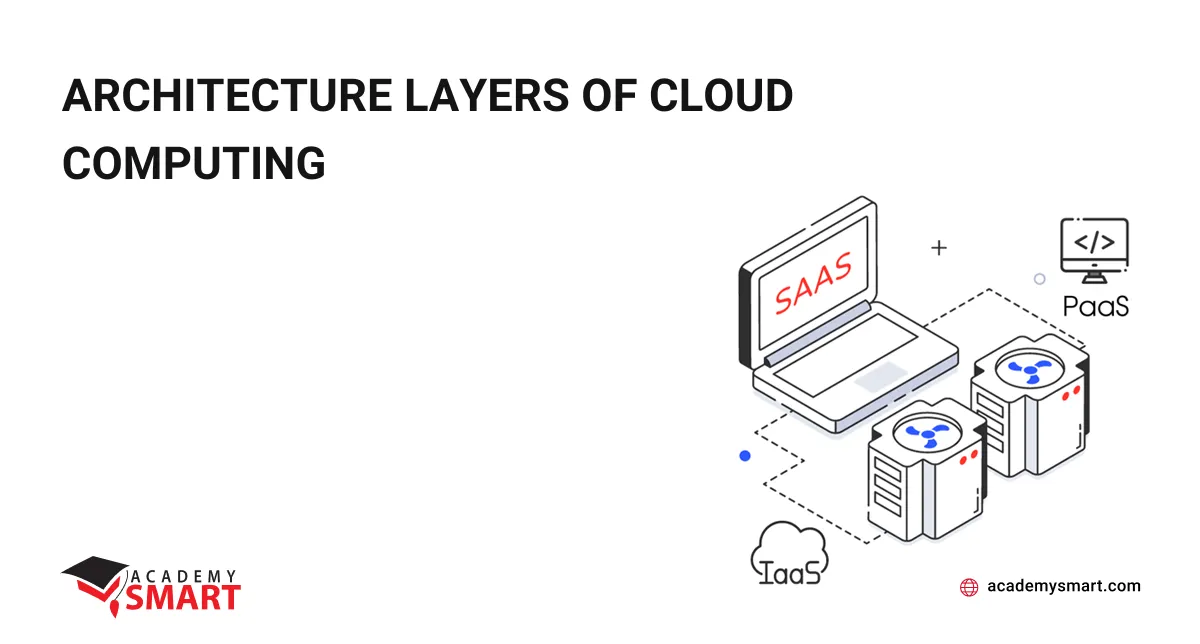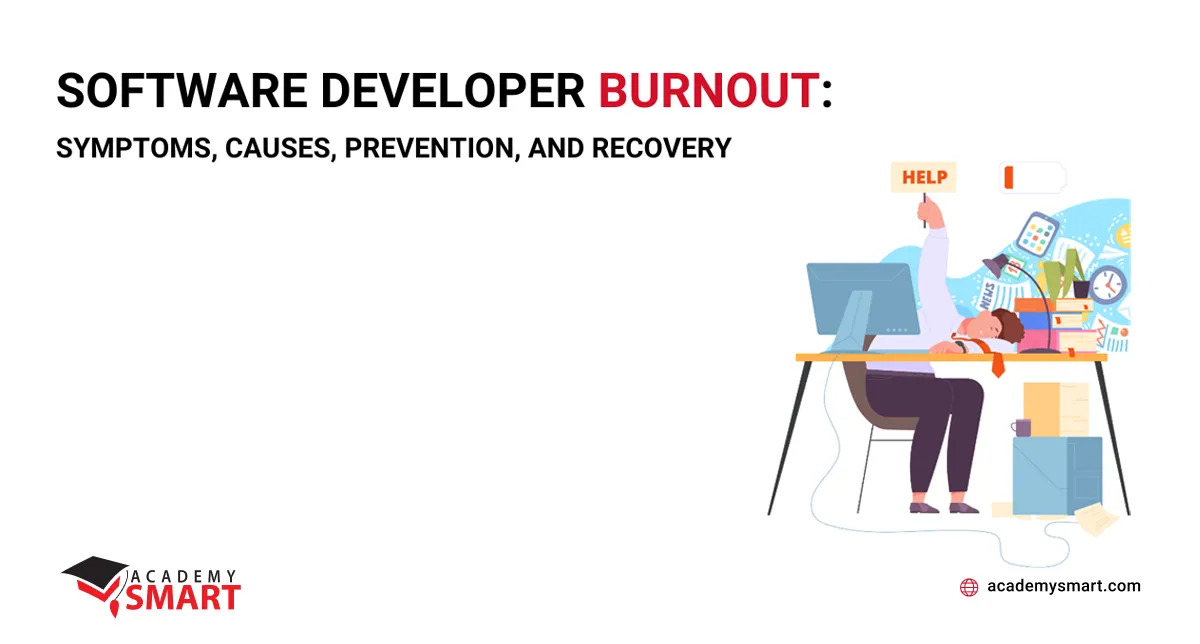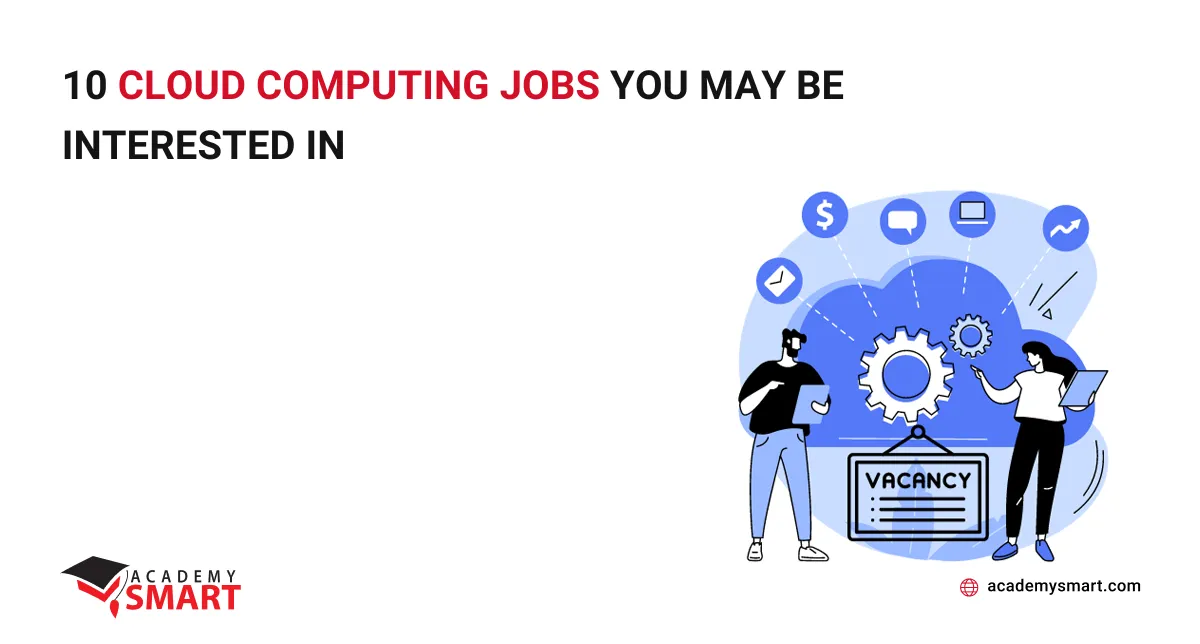
10 Cloud Computing Jobs You May Be Interested in
Contents
Cloud technology has become a reliable business attendant for efficiency, scalability, and innovation. As enterprises increasingly migrate their operations to the cloud, the demand for skilled professionals in this domain has surged. This article delves into the essential cloud computing jobs, exploring their entry level, roles and responsibilities, and the competitive salaries that come with expertise in one of the most sought-after fields in the IT industry.
Why Jobs in Cloud Computing are in Demand and Promising
The increasing dominance of cloud computing in IT shapes the future of businesses and employees’ careers today. That is predefined by myriad factors, including the cost-effectiveness, heightened agility, and improved scalability offered by cloud computing services, as evidenced by the $358.4 billion revenue generated in the US alone in 2023. Statista forecasts that global public cloud revenue is projected to reach unprecedented heights, with estimates exceeding $591.7 billion in 2023 and a staggering $1.2 trillion by 2025. The field’s robust growth is emphasized by the estimations from Gartner, indicating that by 2025, 70% of new digital jobs will be cloud-related. Cloud competencies are becoming essential as the industry witnesses explosive post-pandemic growth in remote work arrangements.
As cloud computing has become integral to digital transformation, it represents a significant opportunity for those contemplating entry into the IT industry or seeking further career evolution. Upskilling with a cloud technology course can open doors to various roles, from cloud engineers and architects to security specialists. In essence, cloud computing jobs offer a pathway to professional maturing, making them a promising and rewarding choice in the evolving space of IT industry.
Standard Requirements for Cloud Computing Jobs Applicants
Making cloud developer careers requires a robust skill set and a proactive approach. What do you need to learn for cloud computing jobs? First and foremost, proficiency in programming languages, such as Java, JavaScript, and Python, is imperative. A comprehensive grasp of database management is equally vital. In addition to fundamental coding skills, a nuanced understanding of AI and machine learning may prove essential. Moreover, an adeptness with cloud technologies and providers is non-negotiable. Competence in platforms like AWS, Google, Microsoft, and Oracle is integral to entry-level cloud computing jobs.
Aspiring professionals are advised to take strategic steps to embark on a career in cloud app development. Enrolling in cloud computing courses and obtaining certifications, especially in platforms like Microsoft Azure, Amazon AWS, and Google Cloud, is foundational. Beyond formal education, building a solid network within the industry is crucial. Networking facilitates direct contact with potential employers and opens avenues for early recognition of opportunities, whether promotions or skill enhancement.
Hands-on experience is a pathway to success in the cloud career. Through paid roles, volunteer projects, or secure lab environments, gaining practical experience in cloud computing architecture and design is paramount. Given the field’s rapid evolution, staying current on actual trends is equally important. That’s why continuous learning about new technologies and their applications is implied by default.
Cloud Computing Job Positions: Skills, Roles and Responsibilities
Cloud technologies offer a range of roles, from entry-level positions accessible even to non-technical individuals to advanced expert employment, signaling a new stage in their professional growth. The following will highlight the industry’s top ten in-demand and promising vacancies.
Cloud Support Engineer
As a troubleshooting expert for technology-related issues, a Cloud Support Engineer is crucial in cloud computing. Primarily assisting B2B clients, their responsibilities extend beyond immediate problem resolution to creating user manuals, training materials, FAQs, and help guides. This multifaceted role demands excellent communication skills and prior experience in tech support and debugging.
Educational qualifications typically include a Bachelor’s degree or higher in computer engineering, computer science, or IT. Beyond technical proficiency in networking, security, virtualization technologies, system administration tools, operating systems, databases, and application development tools, the job places a premium on social and communication skills. Given the collaborative nature of the position, Cloud Support Engineers need to communicate effectively with various teams within an enterprise, extending beyond the IT department. The average salary range for this position falls between $90,000 and $144,000.
Cloud Developer
A Cloud Developer is a professional specializing in creating custom cloud computing software solutions to design, develop, and maintain applications catering to end-users specific needs. Proficiency in programming languages, such as Java and Python, and a strong grasp of databases is crucial, especially within virtual machine environments.
The primary duties of a Cloud Developer encompass creating and maintaining apps, integrating data sources, designing virtual machines, and configuring networking resources. Cloud Developers are tasked with managing various aspects of cloud infrastructure, including networks, storage, and compute services, often in collaboration with cross-functional teams. Testing new applications before client/end-user deployment is another aspect of the role, as is the meticulous maintenance of documentation outlining architecture and project components.
Educational requirements for Cloud Developers include a bachelor’s degree from a technical school, completion of cloud-related courses, proficiency in programming languages, and practical experience gained through working on cloud-specific projects. Certified Cloud Developers, with credentials such as AWS Certified Developer, Microsoft Certified Azure Developer Associate, or Google Certified Professional Cloud Developer, are often sought by companies. The average salary range for skilled Cloud Developers typically falls between $102,000 and $165,600.
Cloud Engineer
A Cloud Engineer is key in overseeing the managerial aspects of a company’s cloud strategies. They participate in designing, implementing, and maintaining cloud computing solutions for enterprises. Expertise in networking, storage systems, and virtualization is essential, along with the ability to leverage different infrastructure services cloud companies provide. Cloud Engineers also contribute to disaster recovery planning and collaborate with various IT departments during deployment phases. Cooperating closely with architects, their responsibilities involve negotiation with clients and vendors to ensure alignment with budgetary constraints.
Cloud Engineer jobs may branch into specialized areas such as Software Engineer, DevOps Engineer, Security Engineer, QA Engineer, Full-Stack Engineer, or Data Engineer, each with distinct responsibilities. Their key duties usually include:
- designing virtual networks and infrastructure resources;
- deploying and configuring hardware appliances;
- developing automation scripts for tasks like provisioning and configuration change management.
The educational requirements for a Cloud Engineer include a Bachelor’s degree or higher in computer science, information systems, or a related field. Certification options include Google Cloud Certified Associate Cloud Engineer, AWS Certified DevOps Engineer – Professional, and Cisco Certified Network Professional – Cloud. Additionally, proficiency in programming languages such as Java and Python is essential. This position’s average annual salary range is between $105,600 and $174,000.
DevOps Engineer
A DevOps Engineer is critical in the intersection of development and operations, ensuring seamless collaboration between these two domains to enhance the efficiency and reliability of software development and deployment processes. This position revolves around streamlining workflows, automating tasks, and fostering a culture of continuous integration and delivery.
Educational requirements typically include a strong background in computer science, information technology, or a related field. DevOps must possess a deep understanding of various programming languages, with proficiency in tools and technologies that facilitate automation and orchestration, such as Puppet, Chef, or Ansible. Certification options for DevOps Engineers include AWS Certified DevOps Engineer – Professional, ensuring validation of expertise in implementing and managing continuous delivery systems on the AWS platform.
DevOps Engineers are instrumental in deploying new applications, updating existing ones, and troubleshooting errors throughout the software development lifecycle. Their duties extend to designing automation scripts for tasks like provisioning and configuration management, contributing to optimizing infrastructure resources and network devices.
In addition to technical proficiency, practical communication skills are crucial for DevOps engineers as they collaborate with diverse teams, including developers, system administrators, and other stakeholders. The role demands a proactive approach to problem-solving, especially during deployment phases, and a commitment to fostering a culture of collaboration and innovation within the company. Annually, the average salary range for in-house DevOps Engineers is between $110,400 and $180,000.
Cloud Security Specialist
A Cloud Security Specialist, often referred to as a Cloud Security Analyst, is a key figure in safeguarding the integrity and security of a business’s cloud infrastructure. This position revolves around assessing and mitigating threats, fortifying defenses, and ensuring the resilience of cloud systems against potential vulnerabilities and attacks.
The duties of a Cloud Security Specialist encompass monitoring, detecting, and responding to potential security violations, aiming to prevent data breaches and eliminate security gaps. When a security incident occurs, these professionals play a crucial role in investigating and mitigating the impact on the enterprise’s cloud presence.
Educational requirements typically include a Bachelor’s degree in cybersecurity, systems analysis, computer science, or IT, specializing in security analysis. Additionally, acquiring practical skills through cybersecurity training courses and obtaining relevant certifications enhances one’s proficiency in this role. Certifications such as AWS Certified Security Specialty, Cloud Security Engineer Professional Certificate by Google Cloud, Certificate of Cloud Security Knowledge (CCSK) by the Cloud Security Alliance (CSA), and Certified Cloud Security Professional (CCSP) by ISC2 are recognized pathways for professionals in this field, attesting to their expertise in managing cloud security.
The salary range for Cloud Security Analysts varies, with an average of around $114,000 – $186,000. However, personnel with experience often command higher pay scales, reflecting the importance of their work in maintaining the safety and integrity of an organization’s cloud infrastructure.
Cloud Data Engineer
A Cloud Data Engineer plays an essential role in managing and processing vast amounts of data within cloud infrastructure environments, contributing to extracting valuable insights and trends for enterprises. This position involves developing logical systems for organizing and operating extensive data generated by IoT applications and Big Data sources in cloud-based servers. A Cloud Data Engineer’s responsibilities include designing and testing systems capable of extracting raw data and transforming it into usable formats. The salary range for Cloud Data Engineers varies, with a broad span from $117,600 to $192,000, reflecting the significance of their impact in governing data in cloud environments.
Educational requirements typically include a Bachelor’s degree in data science, computer science, or a related field. A strong foundation in statistics, often obtained through coursework or a double major, is considered beneficial. Advanced degrees, such as a master’s, can enhance career opportunities in this rapidly evolving field. Certification options for Data Engineers include AWS Certified Data Analytics, CompTIA Data+, Microsoft Certified: Data Analyst Associate, Cloudera Certified Associate Data Analyst, and Certified Analytics Professional (CAP).
Cloud Sales Specialist
A Cloud Sales Specialist is a professional responsible for driving sales and revenue growth within the cloud computing domain. This role involves engaging with potential clients, understanding their business needs, and effectively communicating how offered cloud solutions can address and enhance their requirements.
Educational requirements for a Cloud Sales Specialist vary. While a formal degree in business, sales, or a related field can be beneficial, practical experience and a strong understanding of cloud technologies are often equally valuable. Specific certifications may not be mandatory for Cloud Sales. Still, they should stay informed about cloud industry trends, and obtaining relevant sales certifications can enhance their credibility and effectiveness in driving cloud services sales.
The primary responsibilities of a Cloud Sales Specialist include cultivating relationships with clients, understanding their challenges, and aligning cloud solutions to meet their strategic objectives. This role requires technical knowledge and strong interpersonal skills to convey complex concepts to a non-technical audience effectively. These specialists may also contribute to developing sales strategies and marketing initiatives to promote cloud offerings. They collaborate with technical teams to ensure that client expectations align with the capabilities of cloud solutions.
The compensation for Cloud Sales Specialists is often performance-based, with a variable component tied to sales targets and revenue generation. The average income is about $120,000 – $204,000 annually.
Cloud Project Manager
A Cloud Project Manager is a professional overseeing and managing an enterprise’s cloud-related projects. This position involves coordinating various aspects of cloud initiatives, ensuring successful project execution, and delivering solutions that align with the company’s goals and objectives.
Educational requirements for a Cloud Project Manager typically include a bachelor’s degree in project management, information technology, business administration, or a related field. Project management certifications such as Project Management Professional (PMP) or Certified ScrumMaster (CSM) enhance the qualification.
The primary responsibilities of a Cloud Project Manager encompass the entire project lifecycle, from initiation to completion. That includes defining project scope, setting objectives, creating project plans, allocating resources, and managing timelines and budgets. Risk management, issue resolution, and adapting to changing project dynamics are key skills required to suit this role. Cloud Project Managers collaborate with cross-functional teams, including cloud architects, engineers, and other stakeholders, to provide the successful implementation of the case. Given the dynamic nature of cloud technology, Cloud PMs must stay educated about the latest advancements and industry best practices.
The compensation for Cloud Project Managers often reflects their experience, expertise, and the scale of their projects. Performance is measured based on successful project delivery, adherence to timelines and budgets, and overall project efficiency. Today, average annual revenue may range from $126,000 to $210,000.
Cloud Consultant
A Cloud Consultant is a professional with extensive knowledge of cloud technologies, offering guidance to businesses seeking to leverage cloud-based tools. These experts assess a company’s technological infrastructure, providing recommendations on how to enhance it. Their responsibilities may include suggesting software and devices that align with technical and budgetary requirements, designing migration policies, and selecting appropriate cloud platforms.
Technical expertise is a foundational aspect of the Cloud Consultant role, containing knowledge of cloud management platforms, virtualization technologies, networking, security, databases, operating systems, programming languages, and other industry-specific standards. This comprehensive understanding allows Cloud Consultants to tailor their recommendations to meet the specific needs of each client. Strong communication skills are essential, as Cloud Consultants need to convey technical information to diverse stakeholders.
The educational requirements for a Cloud Consultant typically involve a bachelor’s degree in computer science or IT. Given that this role often demands managerial skills, holding a Master of Business Administration (MBA) can be advantageous for attracting additional clients. The average salary for a Cloud Consultant goes from $132,000 to $216,000, with variations based on experience, expertise, and industry demands.
Cloud Architect
A Cloud Architect is one of the most expensive IT specialists today. This position is responsive to designing and implementing the framework within which all other cloud technologies operate, serving as the architectural backbone for a company’s cloud computing strategies. Cloud Architects ensure the seamless execution of a company’s transition to cloud operations, keeping everything on track and within budget. Considering their work’s intricate nature and critical role in an enterprise’s cloud activities, Cloud Architects command a substantial average salary ranging from $138,000 to $228,000.
The educational requirements typically involve a bachelor’s degree or higher in computer science, information systems, or a related field. Some companies may also prefer or require candidates with a Master of Business Administration (MBA) or another master’s degree. Cloud computing architecture demands programming languages, computer operating systems, networks, and security expertise. Unlike entry-level roles, there is no direct path to becoming a Cloud Architect, just internships in the technology sector that provide valuable hands-on experience for aspiring specialists.
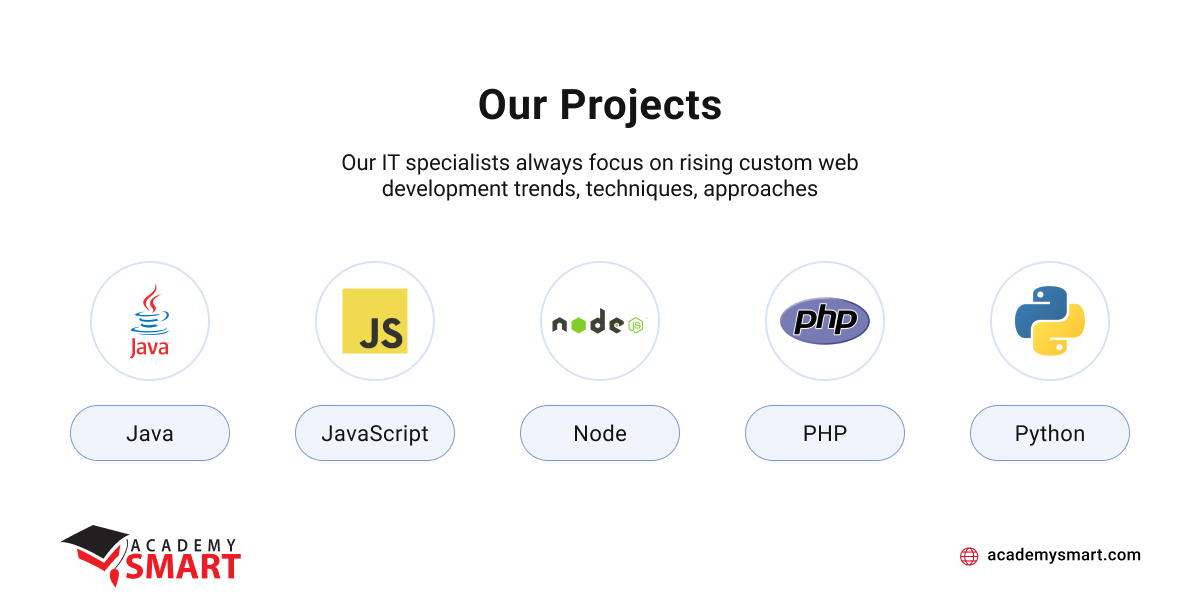
Build Your Team of Cloud Computing Experts with Academy Smart
Access a vast pool of talented and seasoned cloud developers, DevOps, and Project Managers, saving valuable time and resources while ensuring a quick and efficient recruitment process. Our highly skilled team has extensive knowledge of in-demand technology stacks, successfully delivering over 100 exceptional projects. Get in touch today to enhance your cloud computing solutions or migrate your business to cloud turnkey.
Frequently Asked Questions: Remote Cloud Computing Jobs
What jobs are available in cloud computing?
Various jobs are available in cloud computing, including Cloud Architect, DevOps Engineer, Cloud Security Specialist, Data Engineer, Cloud Support Engineer, and Cloud Developer, each playing a specific role in designing, implementing, securing, and managing cloud-based solutions for enterprises.
How to get into cloud computing jobs?
To get a preferred cloud computing job, acquire relevant skills through courses in cloud technologies like AWS, Azure, or Google Cloud, gain hands-on experience, pursue certifications, and stay updated on industry trends. Consider internships, contribute to open-source projects, and highlight practical experience on your resume.
Book a free consultation

Reach out to start talking today!

